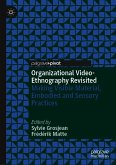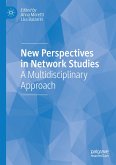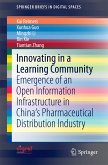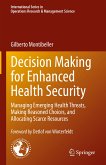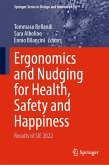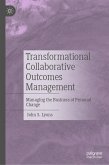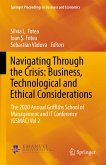- Jessica Mesman, Maastricht University, Maastricht, The Netherlands
This book's main message is to advocate for a collaborative, affective, visualised and future-oriented research agenda. The book finds its inspiration in "the chasm [that separates] philosophising about being shattered and thinking that is shattered" (Heidegger 1946, Letter on Humanism). To explore this chasm, the book journeys through a range of psychological and posthuman perspectives on affect and becoming. The aim of this journey is to reconcile shattered thinking-feeling with Spinoza's ethics according to which 'our capacity to be affected determines our capacity to act'. The book elaborates this capacity to become in terms of our uniquely human propensity to experiment with counter-intuitive inversions: in this case, to call to account that which is affected, rather than that which affects. The book will appeal to students and academics working in the fields of alternative research methods, the social sciences, and organisation studies.
Rick Iedema is Professor and Director of the Centre for Team-based Practice and Learning in Health Care at King's College London, UK. His main research interests include interprofessional collaboration and communication and service users' involvement in practice development. He has pioneered innovative organisational and healthcare communication research methodologies, including video-reflexive ethnography.
Dieser Download kann aus rechtlichen Gründen nur mit Rechnungsadresse in A, B, BG, CY, CZ, D, DK, EW, E, FIN, F, GR, HR, H, IRL, I, LT, L, LR, M, NL, PL, P, R, S, SLO, SK ausgeliefert werden.



